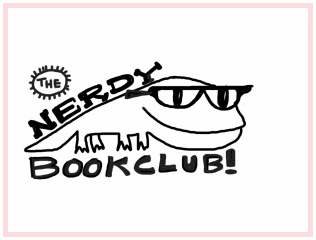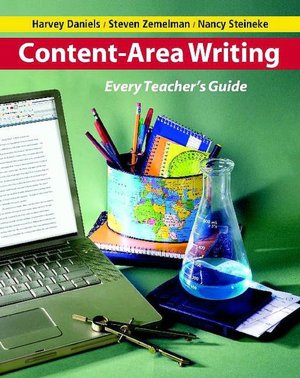
Baseball and dogs (not hot dogs).
That’s a combination sure to get the notice of some young readers (OK, maybe hot dogs, too), and Barbara Gregorich’s freeform poetic/historical novel Jack and Larry: Jack Graney and Larry, the Cleveland Baseball Dog has a great hook: a famous old-time baseball player whose dog became the mascot of a sad sack team that finally started winning. Told in the style of one- or two-page poetry, the lens of this book is the early days of baseball, and Jack Graney was a star about to be born on the Cleveland baseball fields.
But his team struggled mightily for many seasons, and then along came Larry, a bull terrier won in a bet, whose enthusiasm and energy encouraged the team, and energized the fans, to strive harder and believe in the idea of the baseball team as a “pack” that works together, and not just a collection of individual talent. There were many moments of disappointment for Graney, particularly when Larry goes missing and ends up dying in a street dog fight late in the book, but the memory of Larry and the team chemistry does finally come together, as the Cleveland team wins a pennant race and then the World Series. (Graney went on to become a name in baseball radio).
So, the story is great. The poems? Eh. I know it’s unfair as a reader to do so, but I hold up Sharon Creech (Love that Dog) and Thanhha Lai (Inside Out and Back Again) as examples of this genre, where the poems themselves are like little literary leaves on a larger tree. Here, in my view, the poems were just fair, and serviceable for the narrative. I wasn’t blown away by the poems, although there were a few pieces towards the end of the book that I enjoyed, and found myself deep in their rhythms. Luckily, the narrative of the player and his dog, and baseball history, carried me right through.
I appreciate Gregorich for sharing the history of Graney, Larry and the Cleveland team, and I will be sharing this book with my students, hoping the topic itself will draw a few into poetry and history.
Peace (on the diamond),
Kevin








